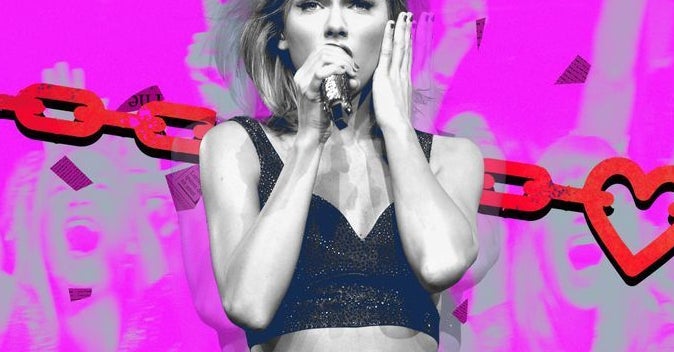
Swift, of course, isn’t the only modern-day pop star with a hyper-dedicated fanbase. But the parasocial relationship she’s cultivated with her fans feels distinctly different than the one someone like Beyoncé, a star of similar wattage, has inspired among the Beyhive.
“People like Beyoncé make a name for themselves by seeming almost out of reach. They inspire something closer to worship than friendship,” said Shira Gabriel, an associate professor of psychology at the University at Buffalo who studies parasocial bonds.
“Whereas Swift shows herself as a regular person,” she said. “This makes people feel closer to her than they would to someone who purposely separates themselves from others.”
Jessi Gold is a psychiatrist and assistant professor at the Washington University School of Medicine in St. Louis. She’s also a Swiftie: “I’ve seen every tour since she opened for Keith Urban in 2009 when I was in college.”
While every pop star says, “I love my fans!” Gold believes Swift really means it; she seems to have a genuine closeness to them.
“The closeness is not at the same level as the closeness she has with her friends, obviously, but she has always made an effort to respond to videos, send gifts or money to fans she finds online who need it, or do special things for her fans, like invite them to her house for a screening of an album,” she said.
All of that “validates her side of the relationship with them more than a typical fan/celebrity situation” would, Gold said.
“She’s also cultivated that for many fans since they were kids,” she added. “People grew up with her in parallel, even if not really intersecting in real life very often.”





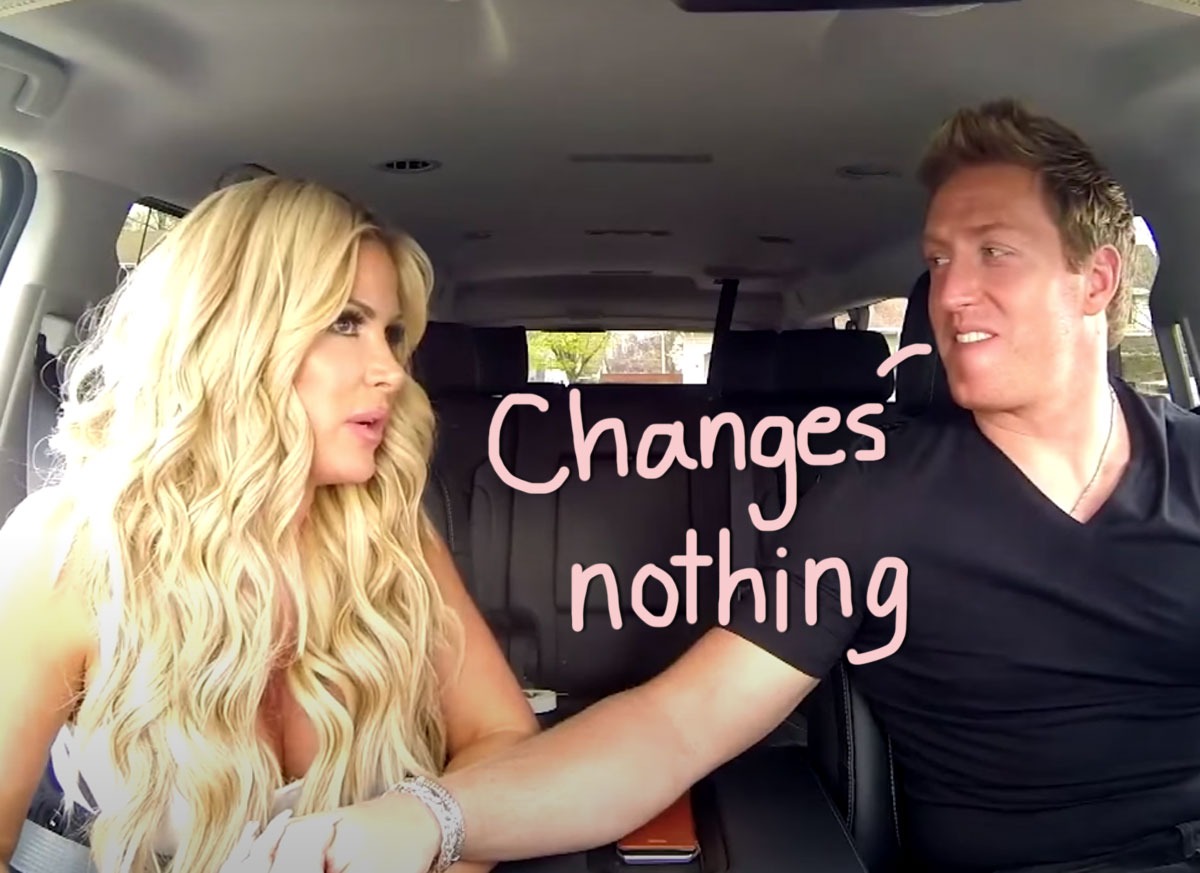


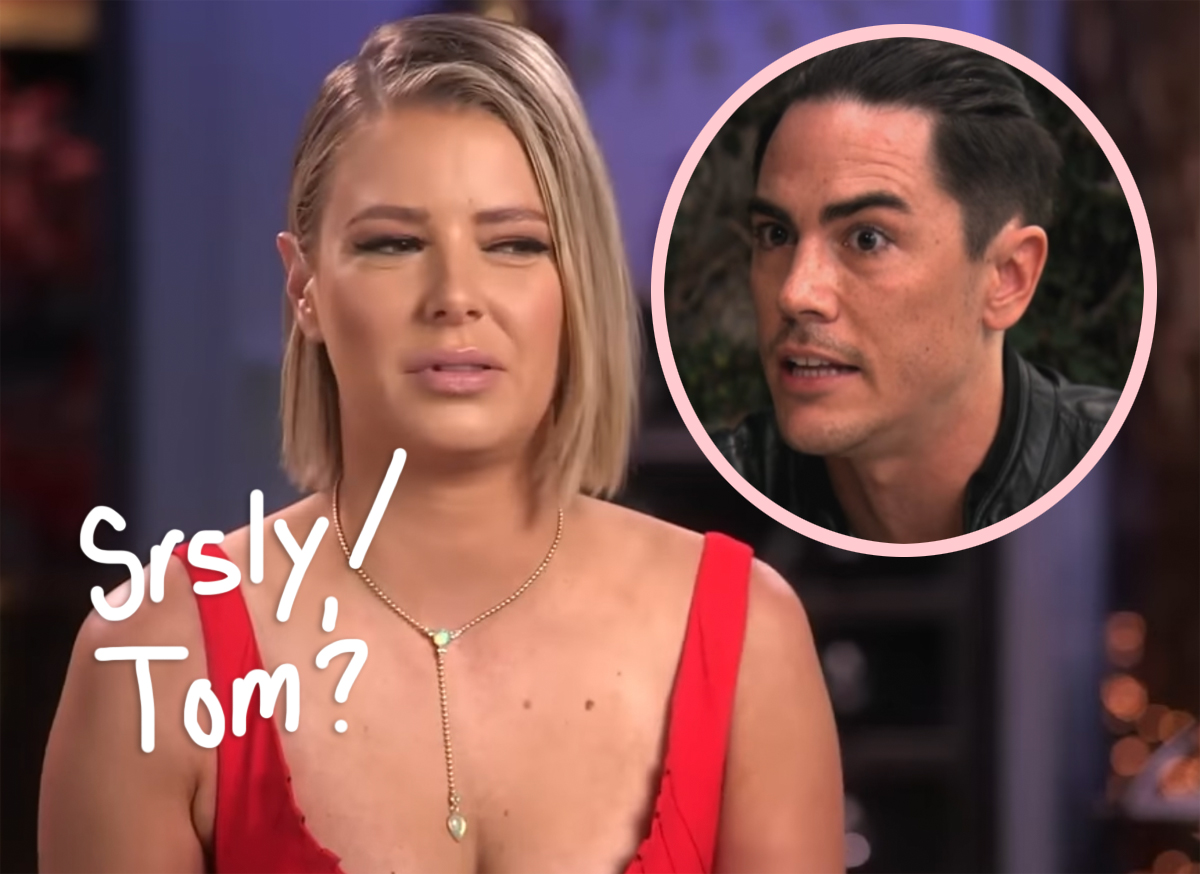









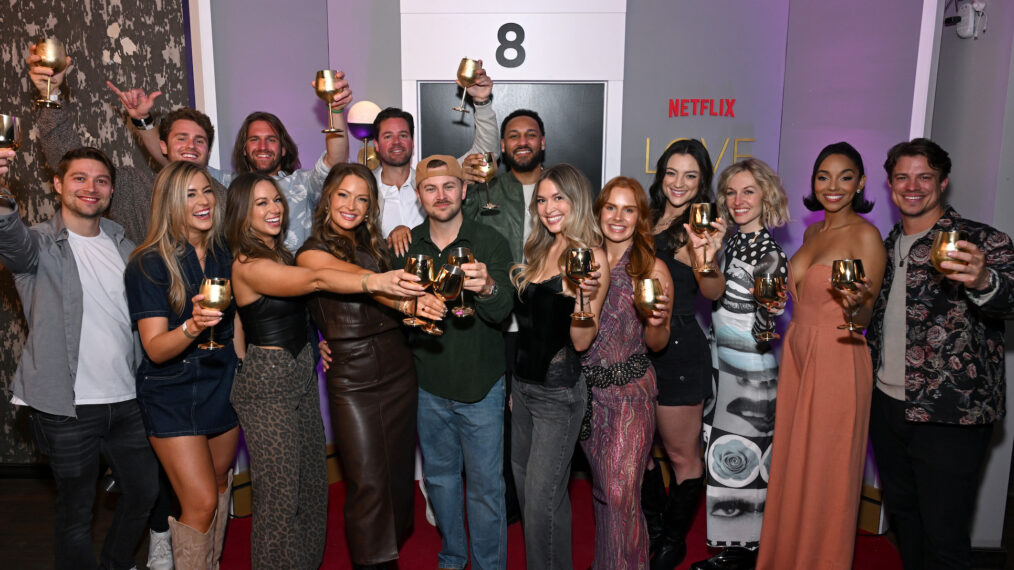




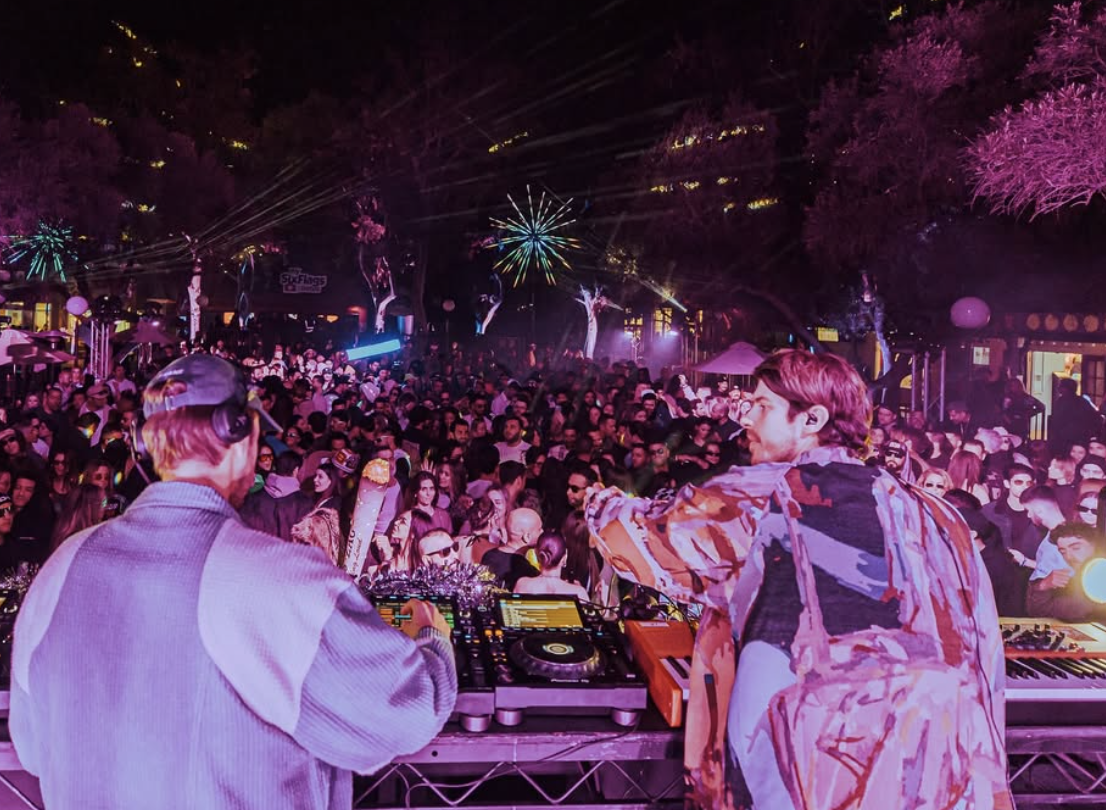

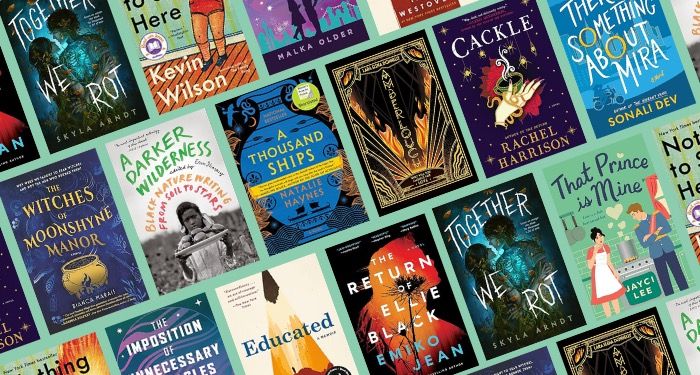
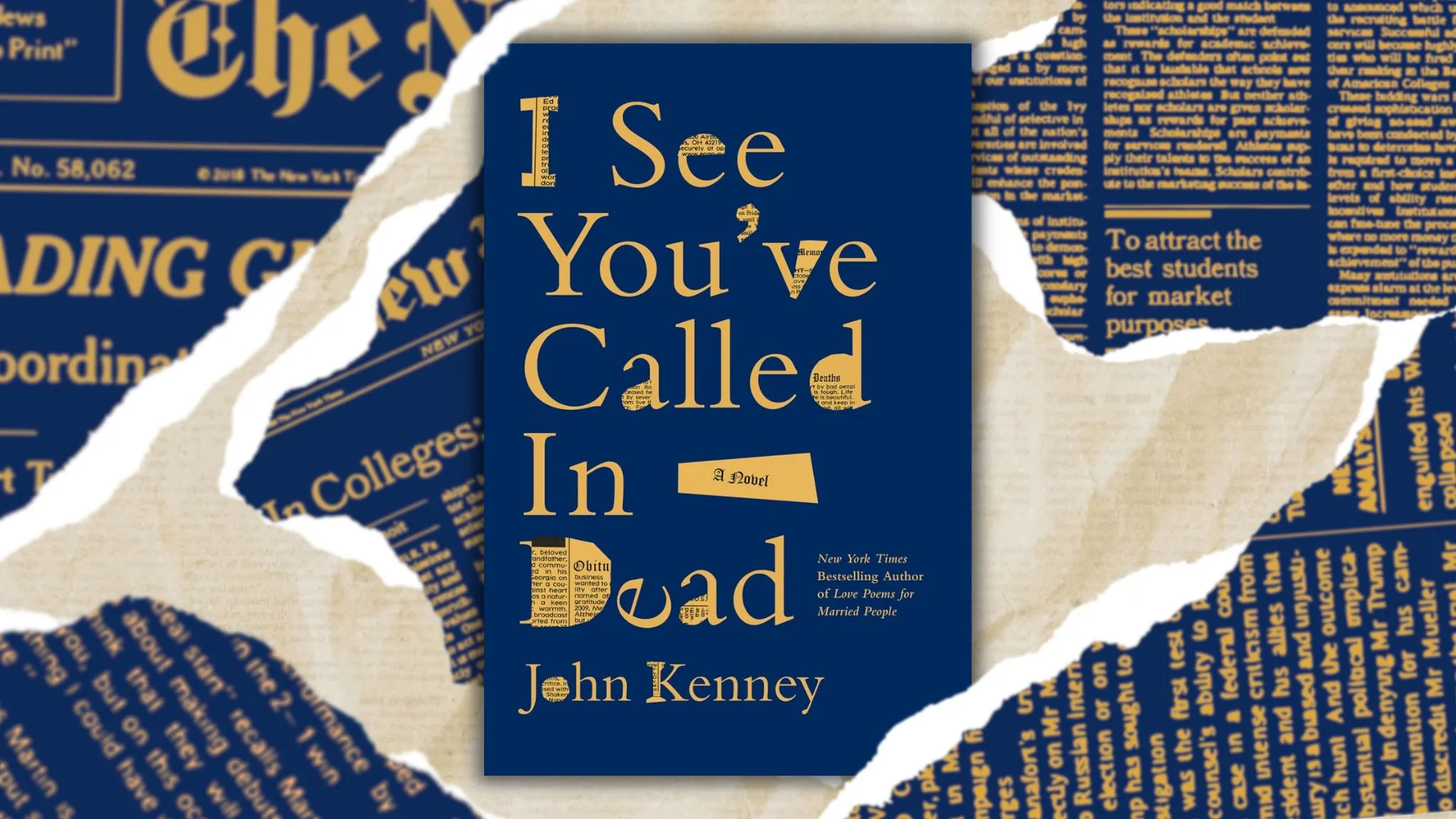

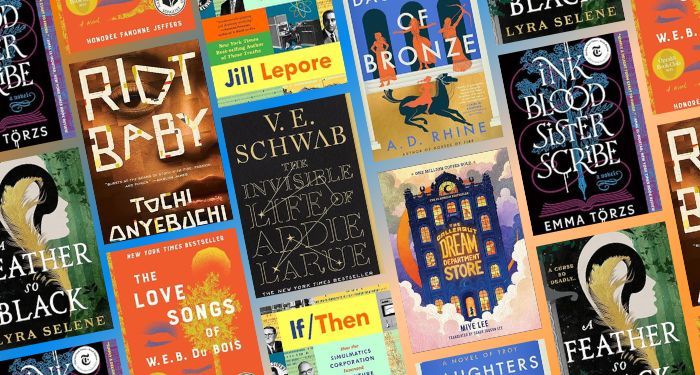

:quality(85):upscale()/2025/05/06/835/n/1922564/8e601b95681a5cf04194c6.14070357_.png)

:quality(85):upscale()/2025/05/05/100/n/1922564/33582ae7681964cb0d40c8.72464171_.png)



![ABYSMAL RITES – “Restoring The Primordial Order” [Heavy Sludge] ABYSMAL RITES – “Restoring The Primordial Order” [Heavy Sludge]](https://horrornews.net/wp-content/uploads/2025/04/WHD581-600x330.jpg)